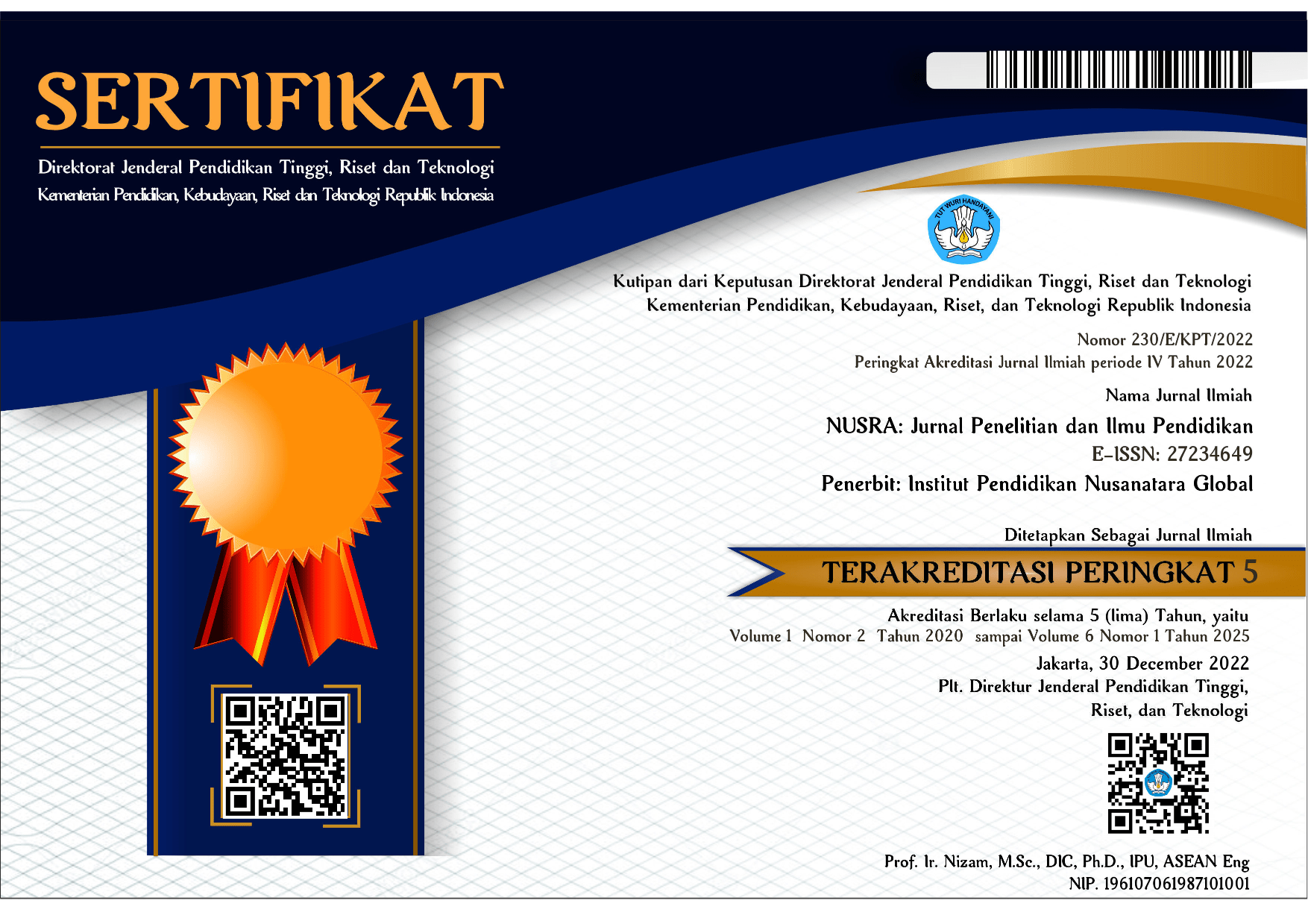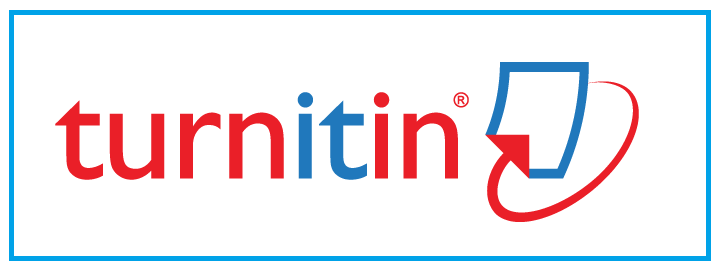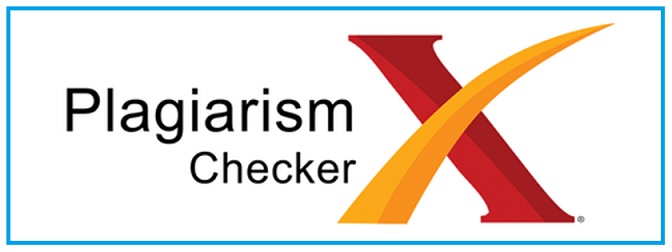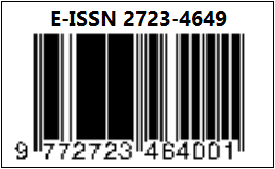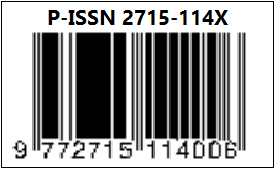Efektivitas Pembelajaran Berbasis STEAM (Science, Technology, Engineering, Art, and Mathematics) untuk Meningkatkan Hasil Belajar IPAS di Kelas V Siswa SD Negeri Srondol Wetan 06
DOI:
https://doi.org/10.55681/nusra.v5i2.2809Keywords:
Effectiveness, STEAM (Science, Technology, Engineering, Art, and Mathematics), Elementary SchoolAbstract
Based learning to improve IPAS learning outcomes in class V students of Srondol Wetan 06 State Elementary School. this is quantitative research with research design Quasi-experimental research design with the form of nonequivalent control group design. The sample in this study were all students of grade V of Srondol Wetan 06 State Elementary School totaling 58 students. students. Data analysis in this study used normality test, homogeneity test, t-test, and N-game test.homogeneity test, t-test, and N-gain test. The results of data analysis in this study namely the results of the t-test (Independent Sample Test) data obtained Sig (2- tailed)< α (0.001 < α), thus STEAM-based learning is effective to improve student learning outcomes.to improve student learning outcomes. And reinforced by the results of the experimental class N-gain test obtained an average N-gain value of 0.65.average N-gain of 0.65 with a medium category which is interpreted as quite effective, so it can be concluded that STEAM-based learning is effective.effective, it can be concluded that STEAM-based learning is quite effective to improve the learning outcomes of IPAS class v.
Downloads
References
Achmad, G. H., Ratnasari, D., Amin, A., Yuliani, E., & Liandara, N. (2022). Penilaian autentik pada kurikulum merdeka belajar dalam pembelajaran pendidikan agama islam di Sekolah Dasar. Edukatif: Jurnal Ilmu Pendidikan, 4(4), 5685-5699.
Arsy, I., & Syamsulrizal, S. (2021). Pengaruh pembelajaran steam (science, technology, engineering, arts, and mathematics) terhadap kreativitas peserta didik. Biolearning Journal, 8(1), 24-26.
Estriyanto, Y. (2020). Menanamkan Konsep Pembelajaran Berbasis Steam (Science, Techology, Engineering, Art, and Mathemathics) Pada Guru-Guru Sekolah Dasar Di Pacitan. JIPTEK: Jurnal Ilmiah Pendidikan Teknik dan Kejuruan, 13(2), 68-74.
Hayati, L., Azmi, S., Turmuzi, M., & Tyaningsih, R. Y. (2023). Pelatihan Pembelajaran Berbasis Steam (Science, Technology, Engineering, Art, And Mathemathics) Dalam Upaya Peningkatan Kompetensi Guru Sd Gugus Iii Gunungsari, Lombok Barat. KREASI: Jurnal Inovasi dan Pengabdian kepada Masyarakat, 3(3), 537-546
Halim, A. P., & Roshayanti, F. (2021). Analisis Potensi Penerapan STEAM (Science, Technology, Engineering, Art, Mathematics) pada Kurikulum 2013 Bidang Studi Biologi SMA Kelas X. Bioeduca: Journal of Biology Education, 3(2), 146-159.
Kelley, T. R., & Knowles, J. G. (2016). A conceptual framework for integrated STEM education. International Journal of STEM education, 3, 1-11.
Meilani, D., & Aiman, U. (2020). Implementasi pembelajaran abad 21 terhadap hasil belajar IPA peserta didik dengan pengendalian motivasi belajar. Indonesian Journal of Primary Education, 4(1), 19-24.
Mu'minah, I. H. (2020). Implementasi STEAM (science, technology, engineering, art and mathematics) dalam pembelajaran abad 21. Bio Educatio, 5(1), 377702.
Nasrah, N. (2021). Efektivitas model pembelajaran STEAM (Science, Technology, Engineering, Art, and Mathematics) pada siswa kelas IV SD. JKPD (Jurnal Kajian Pendidikan Dasar), 6(1), 1-13.
Roflin, E., & Liberty, I. A. (2022). Kupas Tuntas Analisis Regresi Tunggal dan Ganda. Penerbit NEM.
Sanders, M. E. (2012). Integrative STEM education as “best practice”. Griffith Institute for Educational Research, Queensland, Australia.
Septiani, A. (2016). Penerapan Asesmen Kinerja dalam Pendekatan Stem (Sains Teknologi Engineering Matematika) untuk Mengungkap Keterampilan Proses Sains.
Setyo, A. A., Fathurahman, M., Anwar, Z., & PdI, S. (2020). Strategi Pembelajaran Problem Based Learning (Vol. 1). Yayasan Barcode.
Kuantitatif, P. P. (2016). Metode Penelitian Kunatitatif Kualitatif dan R&D. Alfabeta, Bandung.
Sugiyono, P. (2015). Metode penelitian kombinasi (mixed methods). Bandung: Alfabeta, 28(1), 12.
Syukri, M., Halim, L., Meerah, T. S. M., & FKIP, U. (2013, March). Pendidikan STEM dalam Entrepreneurial Science Thinking ‘ESciT’: Satu Perkongsian Pengalaman dari UKM untuk ACEH. In Aceh Development International Conference (pp. 26-28).
Yusuf, M., SPi, M., Daris, L., & SPi, M. (2019). Analisis data penelitian: teori & aplikasi dalam bidang perikanan. Pt Penerbit Ipb Press.
Downloads
Published
How to Cite
Issue
Section
License
Copyright (c) 2024 Tsinta Khoirrunnisa, Barokah Isdaryanti

This work is licensed under a Creative Commons Attribution-ShareAlike 4.0 International License.


